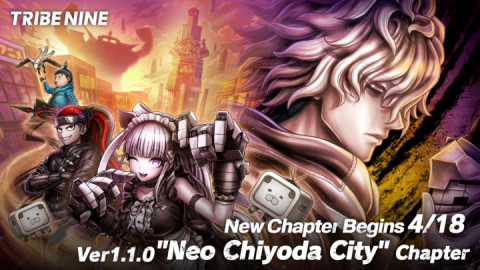
Gabriella “LeTigress” Devia-Allen has come a long way in the last seven years, graduating from grassroots involvement in the League of Legends scene to the high echelons of LoL broadcasting. Regularly seen on the LCS desk, hosting and interviewing players, LeTigress has her eyes set on endless personal improvement.
"I feel I'm just starting to hit my stride," LeTigress told Inven Global, as we sat down for a quick interview with the LCS host.
This is the second year we've seen you extensively on the LCS broadcast. What is that you learned in 2020 that makes you do your job better?
If we're looking at 2020, it's been a new experience for everyone, an interesting working environment. Last year was my first full year with the team and it's easier for people to forget that I was in the studio for a very short period before we went fully remote. I think I was flying to LA for like Spring week 6, and then we went into this remote world that we are in now.
Obviously, there's a lot of adaptation that comes with it and as a team, we have a lot to learn that way.
As far as going with the team, ramping up this year, and my personal journey, I would've loved to have more hands-on time with the teams, simple stuff like grabbing lunch, chatting in the hallway... All that impacts the live broadcast.
Also, LCS rebranded and this year, a lot of things are different from a viewer perspective and I have to assume that the way you guys are doing your job has to be different to match that. What have been some of the challenges of not only doing this remotely but also doing that full rebrand?
A lot of the things that are there in the rebrand are kind of represented in our work processes as well. This aspect of "Made by many", trying to get as many creative voices and as much input as possible, including from the community, and trying to integrate the thoughts of everyone there. We changed our workflow a bit [and] that has been a lot of fun for us to explore.
A rebrand offers a lot of opportunities for everyone to think a bit differently about the broadcast and see what that opens up for yourself in terms of new challenges and ways to make content for the team. With so many new talent coming into the picture, it also opens up for a lot more creative input.

One of the less expected new features to this broadcast was hearing you making your LCS casting debut during the Academy League. How did that come about and what was the experience for you compared to other roles you've filled on the broadcast? It's all talking, but casting is a very different medium, right?
Myyyy, the first time casting Academy — what a rush it was! I got to shout out Crumbz, an awesome partner to do this first cast with. I'm excited to cast with him and others in the future.
It was amazing to get such warm reception from the community, too. You never know how things are gonna go on a debut like this.
To give some history: When it comes to the role of play-by-play, that role isn't new to me. I started in the LoL amateur scene, pursuing desk hosting. And then, as I was trying to get more experience, I ended up learning a lot about different roles, like play-by-play, interviewing, desk hosting, and the nuances between them. I did spend time as play-by-play, especially before I ended up going freelance. It was actually a regional collegiate event that I was play-by-play casting when I first connected with Riot to then start working on the LCS.
One of my favorite parts of your hosting, from a third-party perspective, is you have a tendency to reference and quote interviewers like me and my colleagues a lot more than other people on the broadcast. What role in the storytelling of the LCS do you think other outlets and content producers serve? How do they help do your job better as part of the team that's telling the primary story on the LCS week-to-week?
All of these outlets and members of the community that are putting forth content all contribute to the overall story development. As far as my reason for integrating them, I've always been very research-driven and it probably comes down to my speech and debate roots in high school and college. When it comes to my workflow for the week, I spend a lot of it before the broadcast digesting as much League and LCS content as possible, usually multitasking between listening to podcasts, reading articles, checking in on what's happening in other leagues.
Consuming all that, I feel the community is all part of that story. We tell the main storyline each week, but there are so many contributors that tell the whole thing and bring different lenses and aspects to it. So, in a way, I guess I consider it my duty to seamlessly weave these voices from the community into the main broadcast.
I guess my last question is: what should we expect from you next? Is there anything on the broadcast — or in the League of Legends scene — from a storytelling perspective that we haven't seen you do yet?
There are endless possibilities. I feel I'm just starting to hit my stride and I'm very excited to eventually get back to the studio in full capacity and show the community that I've pushed myself once things go back to the "normal". There's still a lot of growth to be had, even in just developing what I can contribute to in these roles.
-

-

Esports editor and journalist of 10+ years. Lives on black tea and corgi love.
Sort by:
Comments :0







